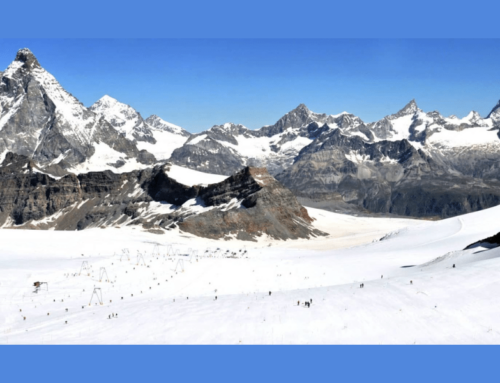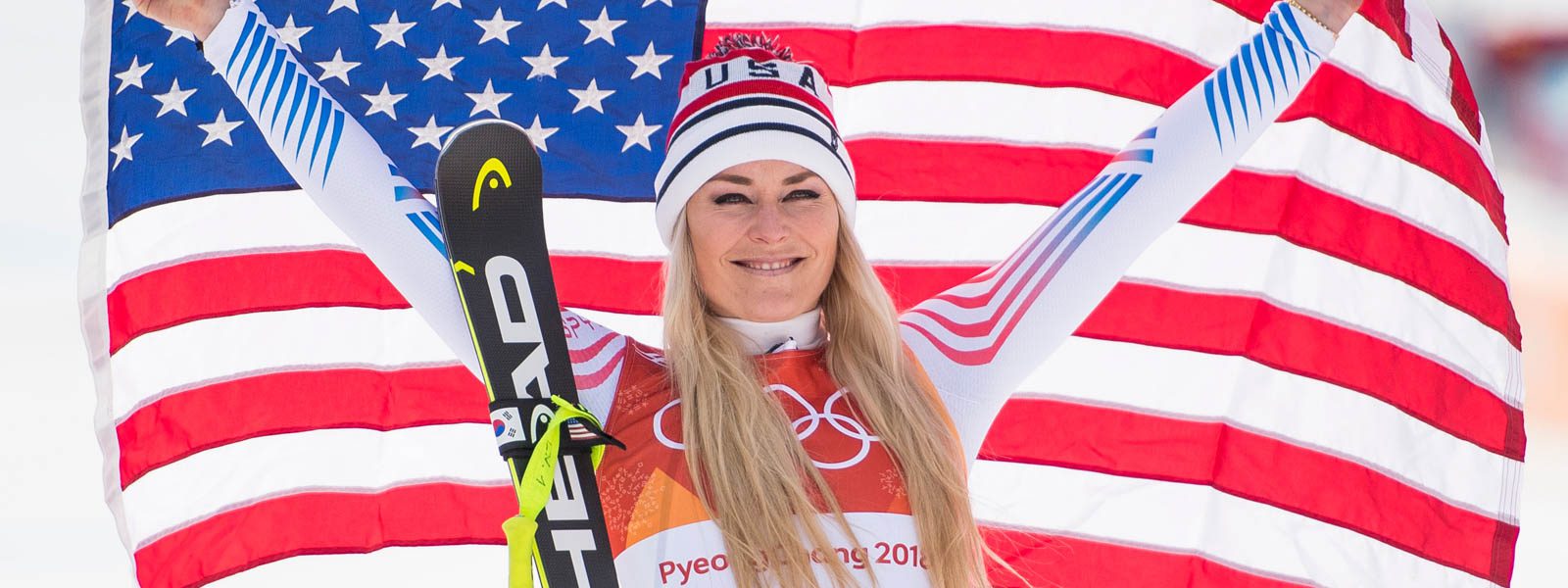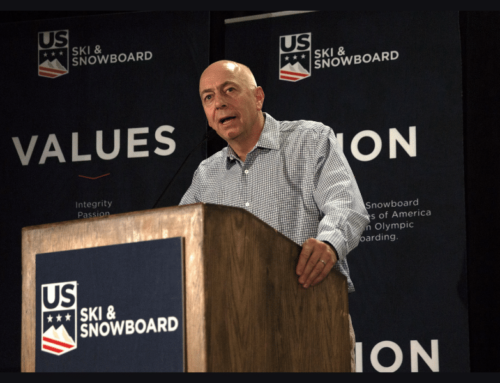Picabo Street launches new school in Park City
It’s simple, really. It’s all about the passion.
The famous School of Hard Knocks is the more difficult path, especially for a student driven to excel in another pursuit outside of the classroom. In fact, for students with a real passion to pursue their bliss, traditional schooling can be a major deterrent. That’s one of the reasons why Picabo Street is getting behind a new academic option for students in the Park City, Utah, area.
Back in 1986, a then 15-year-old Street was named to the U.S. Ski Team.
“When I was first on the ski team, Paul Major was in charge. There was Julie Parisien, Wendy Fischer, the Schmidingers. It was a young team,” Street recalled. “They were all doing the ski academy thing. I struggled that year,” she noted, and the next few as well.
 But those struggles trying to continue her education and win medals and World Cups were also an inspiration. She learned that the Winter Sports School in Park City was facing a crisis of demand with limited supply, and she hoped to help create another option. “I’ve been looking for a way to get started. A hundred kids on the waiting list for the Winter School breaks my heart. It puts so much stress on the families,” she said.
But those struggles trying to continue her education and win medals and World Cups were also an inspiration. She learned that the Winter Sports School in Park City was facing a crisis of demand with limited supply, and she hoped to help create another option. “I’ve been looking for a way to get started. A hundred kids on the waiting list for the Winter School breaks my heart. It puts so much stress on the families,” she said.
Street happened to mention her concern to Michelle Demschar, former USSA domestic development director and current ski racing parent. “I threw (the idea) out, kind of literally and nonchalantly in a conversation with Michelle. She is the reason it is a reality today.”
Demschar was the right person with whom to connect. During her time at USSA, she worked “with a challenged group of athletes trying to balance their schools and athletics.” Demschar knew the need to balance academics and athletics was forefront in families’ concerns.
“Previously, in Australia I had a similar scenario. It’s something I had been dealing with. I am actually a trained teacher as well. And, as a parent of a student traveling around the world in a ski club participation model, every time it really fell back to me to point them. They wanted to do something they really love but knew they needed to do schoolwork. It’s a full time job to get through high school,” Demschar said about her own family. “Now, they are in college and I see what a difference it made in their lives.”
The duo of Street and Demschar found Dan Kemp to serve as headmaster of the new Picabo Street Academy. Kemp has worked for decades with elite athletes to accommodate their sports and still be prepared for college, most recently serving in the same role at USSA’s TEAM Academy in Park City up until 2014.
In most academic settings, “You have specific courses on Monday, Wednesday, Friday and others Tuesday and Thursday. The only time you can learn alpha is on Tuesdays and Thursday from 11 a.m. to 11:50. We want to flip that mechanism up in the air,” Kemp acknowledged.
Creating a more flexible academic schedule is at the core of the academy, which will offer accredited courses, including Honors and AP-level classes, through an online educational partner coupled with one-on-one classroom instruction for a wide-ranging student body.
“The idea that we weren’t only downhill or alpine, aerials or freestyle, but that any student with a high-level extracurricular drive, be it ballet, be it skeleton, be it equestrian, soccer, BMX, guitar, music, art. If they have something that removes them from the academic setting that should be OK. … We will make it so that the student has the responsibility and the accountability within the academic realm to be a part of it,” said Kemp. “If there’s only one day in January when they can attend school, then we want to have a plan for that and a success plan that helps them do that.”
Demschar noted that in the initial phase there is an individual assessment of each student and that a plan is developed at that time to best prepare a student for college enrollment. The plan isn’t set it stone, as it is likely to be adjusted by a multitude of variables.
“It could be a three-year plan, a four-year, or five-,” said Kemp, “but our students will truly be college ready.”
“I just want to wrap my arms around the whole thing, and say, ‘Hey let’s get these kids prepared to go, in a way that will keep them in the sport – or whatever – longer, (and provide) that sense of security that they’re doing something about the other side of their life in the meantime’,” added Street. “I love the idea of having the opportunity to mentor.”
And what could be better than having a two-time Olympic medalist as a mentor?
“It all came together so organically and with so much synergy, and we can’t come up with a reason yet to not do it,” concluded Street, as Demschar and Kemp nodded in agreement.





















